Discover How Solar Hot Water Collectors Can Transform Your Home Energy Efficiency
In today's world, energy efficiency is a priority for homeowners seeking to reduce utility bills and minimize their carbon footprint. One of the most effective solutions that is gaining traction is the use of solar hot water collectors. These innovative devices harness the power of the sun, providing an eco-friendly and cost-effective way to heat water for a home's various needs. By integrating a solar hot water collector system into your home, you can significantly enhance your energy efficiency while also benefiting from renewable energy sources.
The importance of transitioning to sustainable energy solutions cannot be overstated. Solar hot water collectors not only lower energy consumption but also increase the value of your home. As more individuals and families become aware of climate change and its implications, investing in solar technology aligns with a growing movement towards environmentally conscious living. With a range of options available, including flat plate collectors and evacuated tube systems, homeowners can choose the best fit for their needs and local climate.
In summary, adopting solar hot water collectors presents an opportunity for homeowners to make a meaningful impact on their energy efficiency. By embracing this technology, one can enjoy substantial savings, contribute to a more sustainable future, and ultimately transform their home into a model of modern energy efficiency.
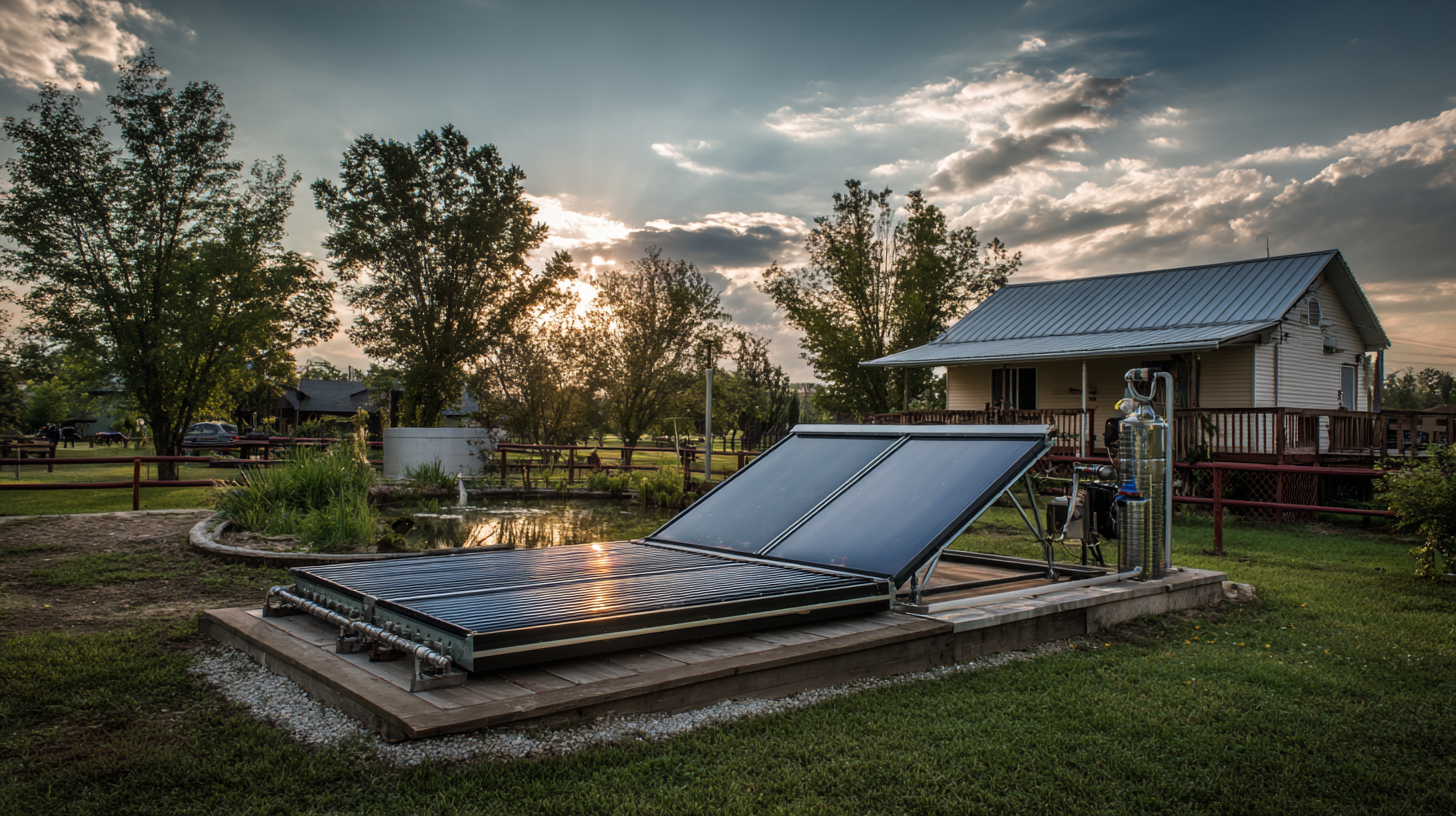
Understanding the Basics of Solar Hot Water Collectors: How They Function and Benefits
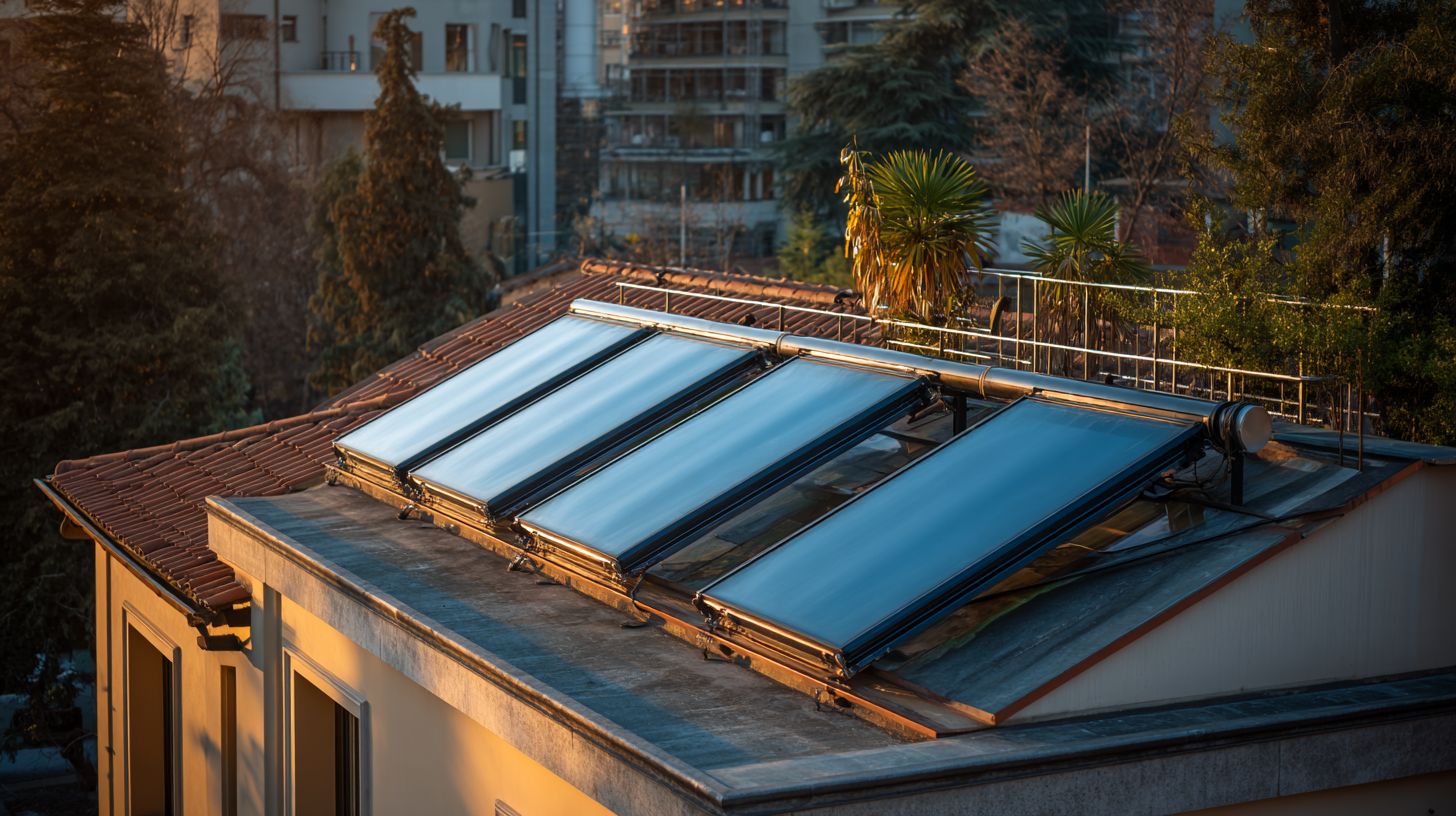 Solar hot water collectors are an innovative solution that significantly enhances home energy efficiency by harnessing the sun’s energy to provide hot water. These systems typically consist of solar panels, often mounted on rooftops, that absorb sunlight and convert it into thermal energy. The heat generated warms a fluid, which is then transferred to a storage tank, providing an efficient means to supply hot water for domestic use. Understanding how these collectors operate is essential for homeowners looking to reduce energy costs and lower their carbon footprint.
Solar hot water collectors are an innovative solution that significantly enhances home energy efficiency by harnessing the sun’s energy to provide hot water. These systems typically consist of solar panels, often mounted on rooftops, that absorb sunlight and convert it into thermal energy. The heat generated warms a fluid, which is then transferred to a storage tank, providing an efficient means to supply hot water for domestic use. Understanding how these collectors operate is essential for homeowners looking to reduce energy costs and lower their carbon footprint.
The benefits of solar hot water collectors extend beyond mere energy savings. They offer a reliable and sustainable source of hot water, which can substantially decrease reliance on traditional energy sources. Additionally, many regions provide incentives or tax credits for installing solar technologies, making it more affordable for homeowners. With advancements in technology, modern solar hot water systems are becoming increasingly efficient and versatile, capable of functioning effectively even in less than ideal weather conditions. This blend of efficiency, sustainability, and economic incentive makes solar hot water collectors an attractive option for enhancing overall home energy efficiency.
Key Industry Data: The Energy Savings Potential of Solar Hot Water Systems
 Solar hot water systems are increasingly recognized for their significant energy savings potential, particularly in residential applications. According to the U.S. Department of Energy, these systems can reduce water heating costs by 50% to 80%, translating to substantial savings for homeowners. A study by the Solar Energy Industries Association reveals that the average household can save upwards of $300 annually on energy bills with the installation of a solar hot water collector. This not only enhances financial efficiency but also contributes to a reduction in carbon footprint.
Solar hot water systems are increasingly recognized for their significant energy savings potential, particularly in residential applications. According to the U.S. Department of Energy, these systems can reduce water heating costs by 50% to 80%, translating to substantial savings for homeowners. A study by the Solar Energy Industries Association reveals that the average household can save upwards of $300 annually on energy bills with the installation of a solar hot water collector. This not only enhances financial efficiency but also contributes to a reduction in carbon footprint.
Moreover, the energy savings can vary based on geographical location and system design. For instance, regions receiving ample sunlight can expect greater efficiency from solar hot water collectors. Data from the National Renewable Energy Laboratory (NREL) indicates that households in sunny areas, such as the Southwest U.S., can achieve energy savings exceeding 70% when using these systems. As the market for renewable energy continues to grow, homeowners have an excellent opportunity to invest in solar hot water systems, taking advantage of both financial incentives and the long-term sustainability they provide.
Comparing Efficiency: Solar Hot Water Collectors vs. Traditional Water Heating Methods
When evaluating the efficiency of water heating systems, solar hot water collectors present a compelling alternative to traditional methods. While conventional water heaters typically rely on fossil fuels, which not only contribute to greenhouse gas emissions but also face rising costs, solar collectors harness renewable solar energy to produce hot water sustainably. Recent studies demonstrate that solar water heater systems can significantly reduce energy consumption and carbon footprints, making them an appealing eco-friendly choice.
However, advancements in technology have introduced strong competitors in the market, such as heat pumps, which have emerged as the most efficient method to heat water in various climates across Australia. These systems use a refrigeration cycle to extract heat from the air or ground, surpassing solar thermal collectors in efficiency, particularly in regions with cooler temperatures. This comparison highlights the importance of considering both initial investment and long-term energy savings when choosing between solar hot water collectors and heat pumps, guiding homeowners towards the most effective solution for their energy needs.
Energy Efficiency Comparison: Solar Hot Water Collectors vs. Traditional Water Heating Methods
This chart compares the energy efficiency of solar hot water collectors against traditional water heating methods based on their estimated efficiency percentages.
Installation Insights: What to Consider for Optimized Home Energy Use
When considering the installation of solar hot water collectors, homeowners should prioritize several key insights for optimized energy use. First, understanding the positioning of collectors is essential, as solar efficiency is maximized when they receive ample sunlight throughout the day. Factors like roof orientation, shading from nearby structures, and local climate conditions must be thoroughly evaluated. Additionally, integrating these collectors with existing energy management systems can further enhance energy efficiency, allowing users to monitor and control their energy consumption effectively.
Investing in smart home technology is also critical. Home Energy Management Systems (HEMS) facilitate real-time tracking and analysis of energy usage, helping homeowners to identify areas for improvement. The rising adoption of AI-driven solutions in energy management can greatly empower households to optimize their energy consumption patterns, making informed decisions that reduce overall energy costs. As more homeowners embrace sustainability goals through such technologies, the importance of considering installation insights for solar hot water collectors becomes ever clearer in achieving energy efficiency in modern homes.
Discover How Solar Hot Water Collectors Can Transform Your Home Energy Efficiency - Installation Insights: What to Consider for Optimized Home Energy Use
| Aspect | Details |
|---|---|
| System Type | Flat-Plate Collectors |
| Average Installation Cost | $3,500 - $5,000 |
| Energy Savings | 50% - 80% of water heating costs |
| Payback Period | 3 - 7 years |
| Maintenance Frequency | Once a year |
| Expected Lifespan | 15 - 30 years |
| Installation Considerations | Roof orientation, shading, local climate |
| Incentives | Tax credits, rebates, renewable energy Certificates |
Long-Term Impact: Evaluating the Return on Investment for Solar Hot Water Systems
Investing in solar hot water collectors can significantly enhance the energy efficiency of your home while also providing a robust return on investment (ROI) over time.
These systems harness sunlight to heat water for domestic use, drastically reducing reliance on conventional energy sources. Homeowners can expect substantial savings on their energy bills, as solar hot water systems can cover a large portion of hot water needs. With rising energy costs, the initial investment becomes increasingly appealing as the payback period shortens.
The long-term impact of solar hot water systems extends beyond mere cost savings.
Many regions offer incentives such as tax credits or rebates, further alleviating the upfront expense. Moreover, these systems can increase property value, making homes more attractive to potential buyers who prioritize energy efficiency and sustainability.
As homeowners evaluate their options, it's clear that the environmental benefits, combined with financial incentives and long-term savings, position solar hot water collectors as a wise, eco-friendly investment for the future.
Related Posts
-

5 Essential Tips for Buyers to Maximize Benefits of Solar Hot Water Systems
-
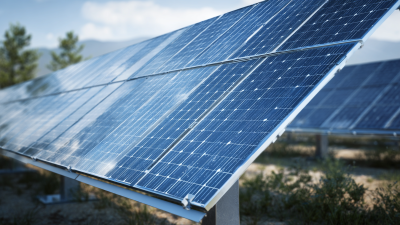
Unlocking the Specifications of the Best Solar Solutions for Global Buyers
-

Unlocking Home Solar Potential: How 50% Tax Incentives Are Transforming Energy Savings in 2024
-
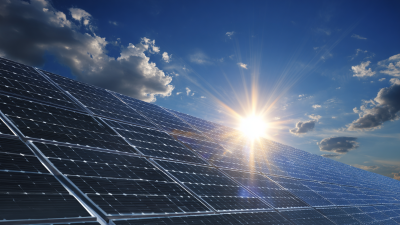
The Ultimate Guide to Choosing the Right Solar Systems for Your Home Energy Needs
-

How to Uncover the Solar Potential of Your Property for Maximum Energy Savings
-
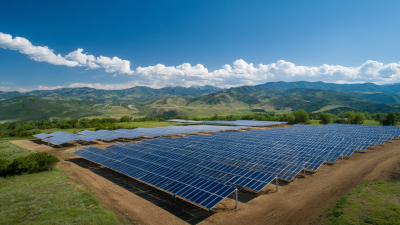
10 Essential Tips to Maximize Your Solar Projects Success
